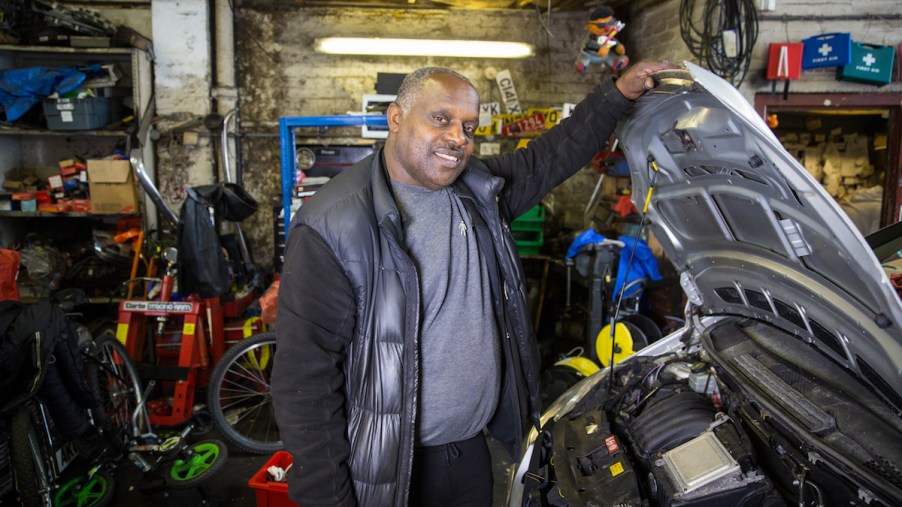
What Is a Car Tune Up and Do You Really Need One?
Everyone knows that the most important part of vehicle ownership is proper maintenance. Following the schedules provided by the manufacturer will keep your car performing in optimum condition.
When routine maintenance is overlooked, costly repairs can put the vehicle out of commission. Getting a car tune up is highly recommended, but sometimes it seems unnecessary.
Does your vehicle really need a tune up?
In the early ’70s, when vehicles had a lot of standard-issue mechanical moving parts, a car tune up was recommended every 35,000 miles. Modern automobiles have evolved to the point that you no longer have to have the distributor, carburetor, or ignition adjusted. Fuel-injected engines and processors that monitor transmission shift points, emissions, and ignition timing don’t need to be regularly monitored.
If a problem occurs, a code reader is attached to the engine computer, and a specific code helps diagnose the problem. The Check Engine light also indicates that service is needed.
Today, a car tune up refers to routine maintenance procedures, according to CarFax. The recommended service schedule varies by vehicle and manufacturer. Following these guidelines and keeping the engine clean and working properly will help to enhance the overall performance.
Often, when you have the car at the mechanic for other repairs, they suggest a tune up. If it’s time for your regularly scheduled maintenance, then it’s a good time to get it done. Just be sure that you know what your vehicle manufacturer recommends so that you are not overpaying for a service that’s not yet needed.
What type of services does a tune up include?
A car tune up helps to identify problems before they become costly issues. A thorough inspection for wear and tear of movable parts is an essential part of this service.
The ignition system includes spark plugs, ignition coils, and the distributor cap. Automakers recommend using original quality parts, especially in this area of the vehicle.
Another valuable service provided during a tune up is to determine if there is a need to replace any of the filters. A new fuel filter will eliminate low fuel pressure, eliminating any potential fuel pump failure or idling issues. A dirty oil filter won’t efficiently clean oil, resulting in premature wear on the engine. Air filters improve the car’s performance as well as fuel economy, so it’s important to have them changed regularly.
Other specific areas of concern that should be inspected during a tune up include checking the timing belts, hoses, battery, and PCV valve. Replacing the engine’s oxygen sensor(s) and evaluating the exhaust and emissions system will keep the vehicle running efficiently.
Brake, automatic transmission, and power steering fluids should also be topped off or replaced if needed. The engine coolant may need to be flushed to make sure the engine heat is properly regulated. You can also request an oil change if needs to be done.
What does a tune up cost?
Some people prefer to take care of their own vehicle maintenance. Following a checklist will ensure a thorough job. For those less handy, find a reputable mechanic or car dealership that can perform the service.
Dependent upon what needs to be replaced and the type of vehicle, the cost for a car tune up can run between $200 to $800. This includes up to four hours of labor and the necessary parts.
A high-end luxury vehicle or heavy-duty diesel truck is going to incur higher costs because of the amount of time needed to work on the vehicle. A standard model sedan or hatchback should be more affordable and completed within a few hours.
To avoid unnecessary costs, make sure you are on the same page as the mechanic before any work is started. Know what is included in the service so that you receive a fair price.


